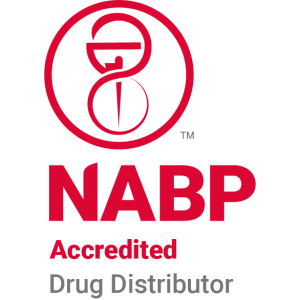Recall Processing: How to Contain Risks and Costs in Voluntary and Mandatory Recalls
This topic is the one that no manufacturer ever wants to talk about. No OEM wants to be subject to a federally mandated recall or undertake a voluntary recall. Recalls of any kind are bad for patients, for reputations, for marketing, and for a business’s bottom line.
Of course, patient safety and quality concerns win the day—as they should—and many manufacturers will face the realities of recall processing. Here is a closer look at the common reasons for recalls and the steps to handling one as effectively as possible.
The top reason for recalls
In the orthopedic device industry, the #1 reason for voluntary recalls is labeling. The wrong product number appears on the label, or the label bears incorrect information. Beyond incorrect labeling, recalls can be spurred by a product that doesn’t function as intended. For instance, a surgeon using a new product for the first time can alert the OEM that it doesn’t work right, and the OEM can trigger a voluntary recall.
Capturing inventory
After an OEM issues a recall, the hard work of the process begins. With patient safety paramount, it’s critical to ensure that all affected inventory is brought back from the field so that an OEM can inform the FDA that all product is within its control. The challenge often comes down to staffing the recall effort. Many OEMs need to pull staff from different areas in the business to process inventory that is arriving at their facilities.
Recovering capital investment
The inventory affected by a recall represents a significant cash investment for OEMs. Because of this, risk goes up if an OEM can’t get the product back out to the market safely and in salable form. When a voluntary recall concerns the wrong box or incorrect label information, the faster the OEM can process the recall and re-box or re-label the product, the faster it can be back out in the field.
Benefitting from expertise
When it comes to recalls, there are two ways of managing risk. The first is to establish and maintain very strong quality systems and to constantly evaluate your process and business through the lens of risk.
The second is to respond quickly with a comprehensive recall process. Working with an expert outsourcing partner can bring several advantages, including:
- Resources necessary to staff a recall without pulling people from other functions
- Staffing to process inventory returned from the field
- Ability to confirm that all product is under your control
- Handle relabeling, overlabeling, repackaging, or any other remediation to satisfy the recall
- Quickly redeploy safe, salable inventory back into the field
Tapping an expert partner to handle your recall processing can be the most efficient way to handle your recall and get your product back out to market—with the optimal allocation of your resources.
At Millstone, we get it. We believe quality drives patient success. That’s why we’ve perfected all the capabilities medical device manufacturers need to get to market. Today we offer post-manufacturing and aftermarket services to more than 50 customers, including some of the top 10 orthopedic companies in the world. We are constantly evolving our processes and services to help OEMs achieve sustainable success. We offer clean room packaging, medical device specific warehousing, finished goods distribution, loaner kit management, advanced inspection and reverse logistics services—all with an unparalleled focus on quality.
What could we help you do better? Learn more at https://millstonemedical.com.
Comments are closed.



